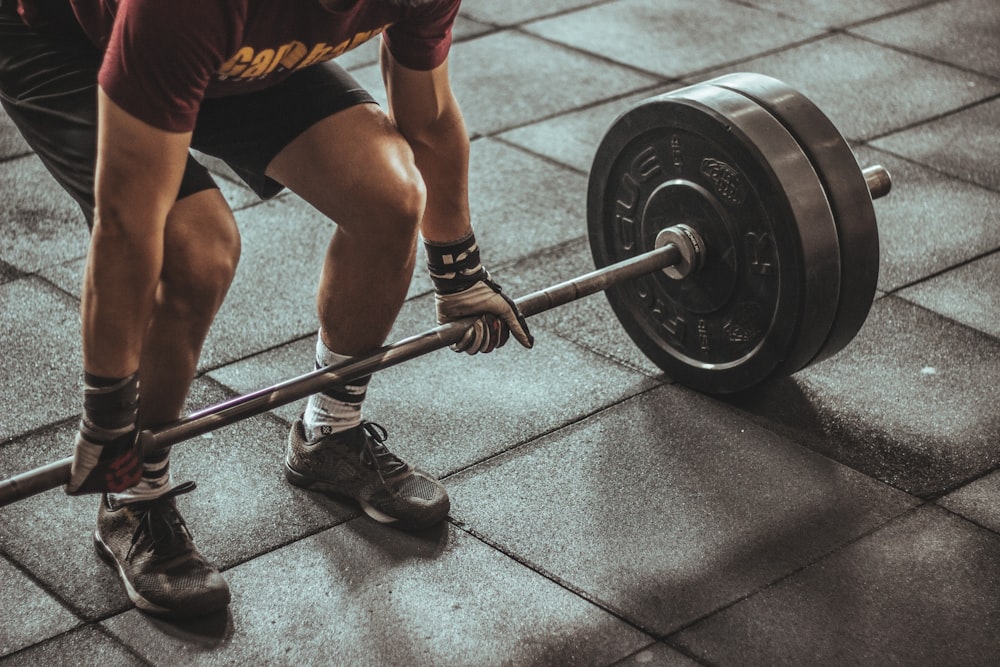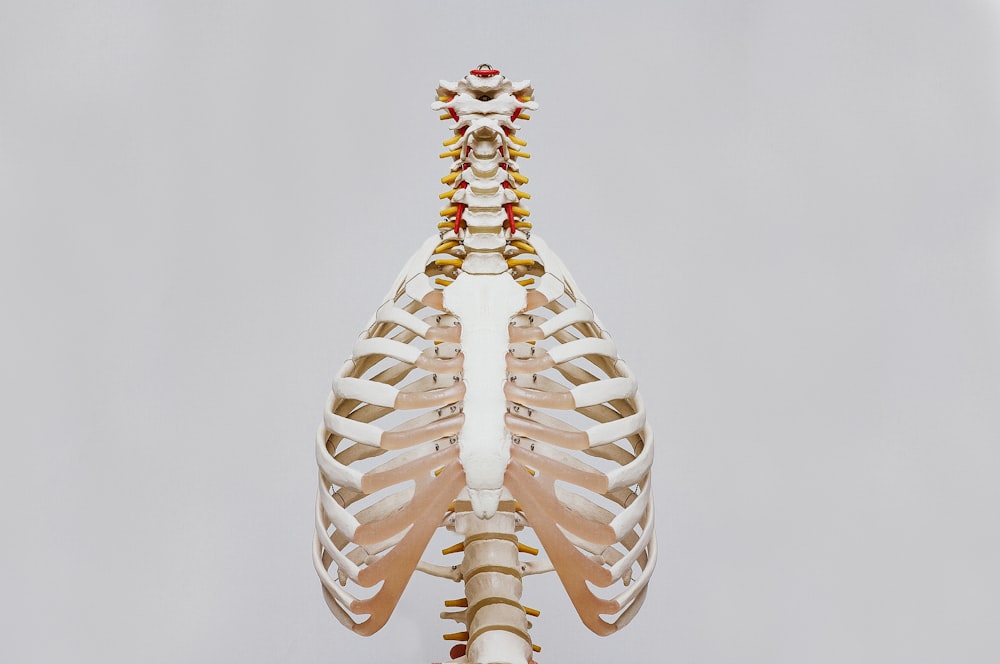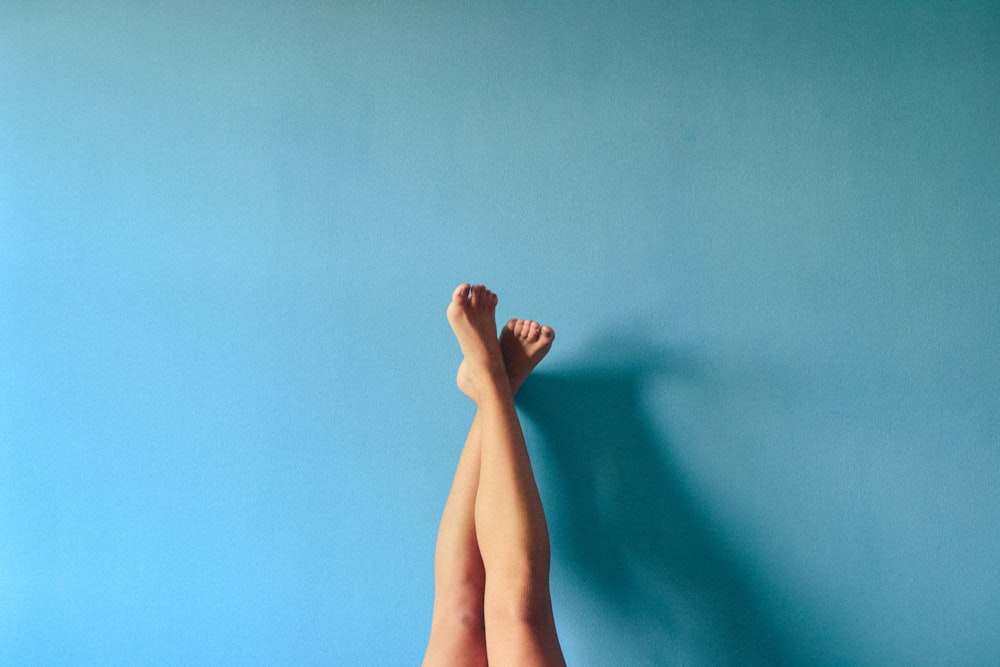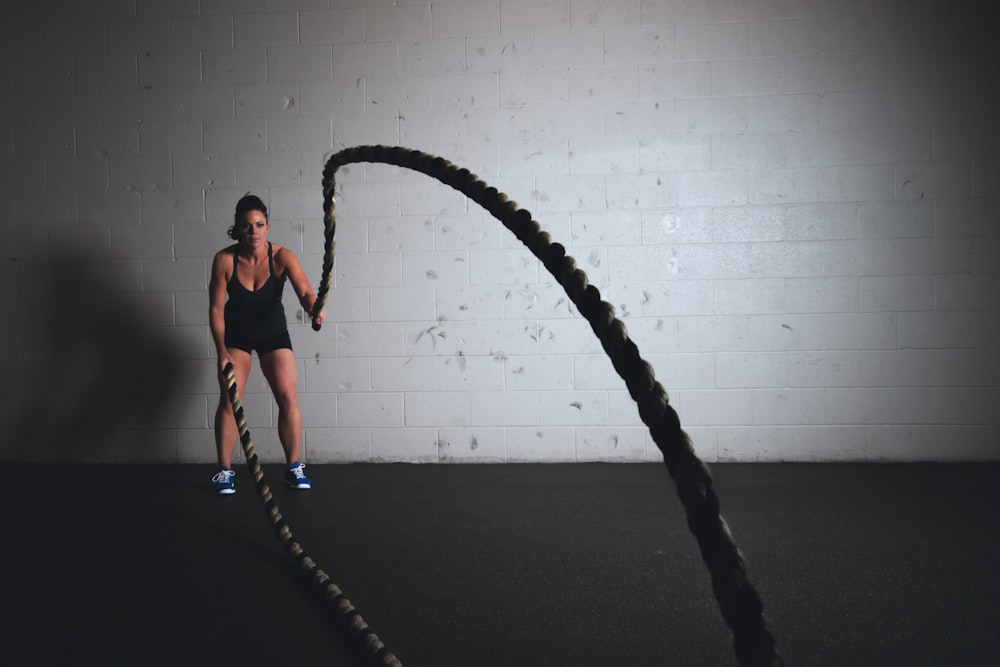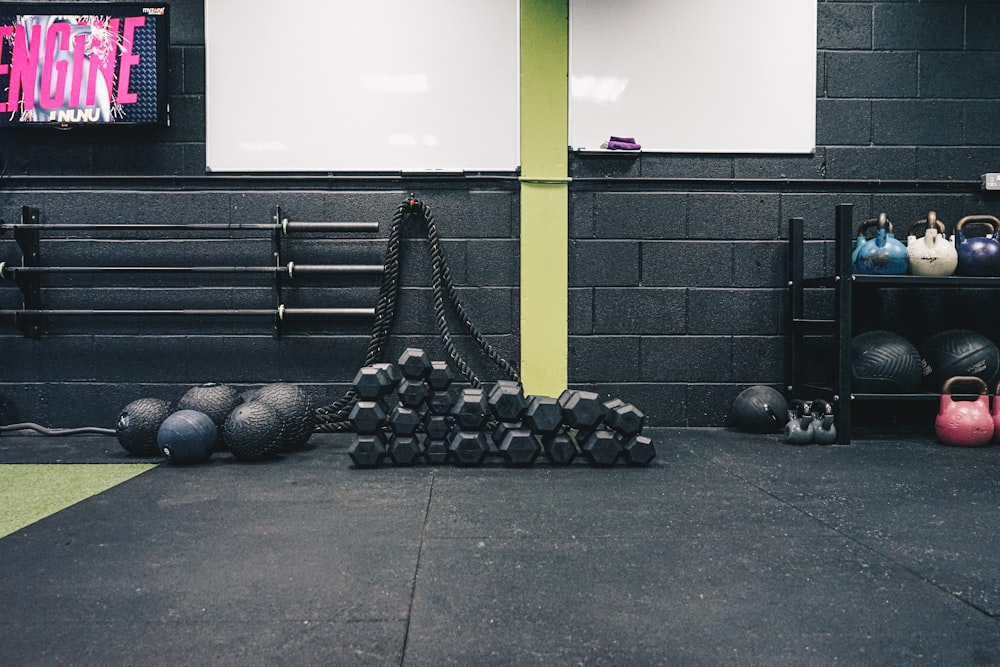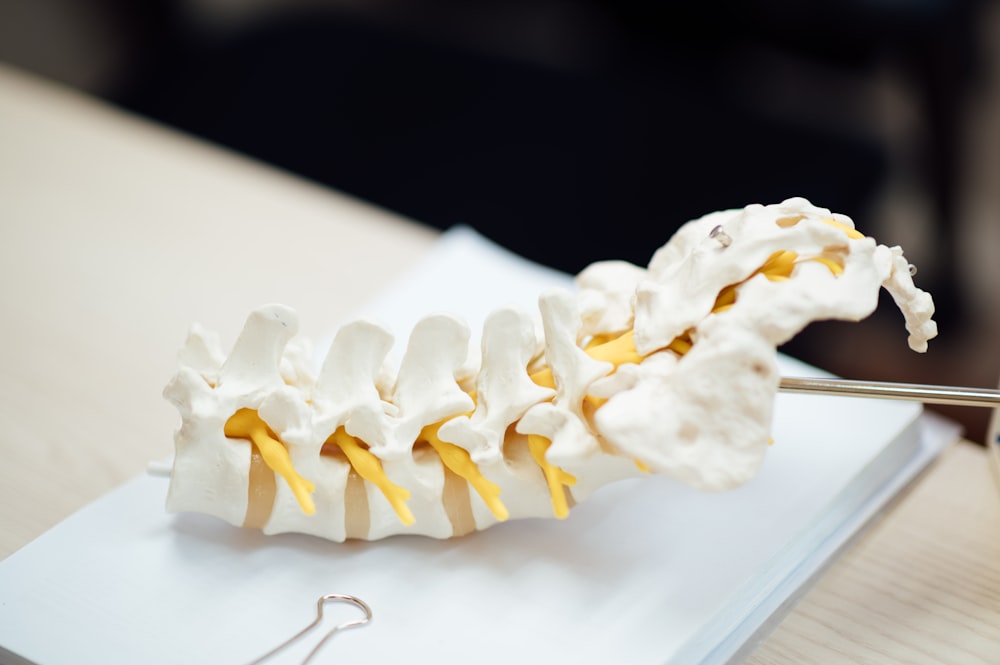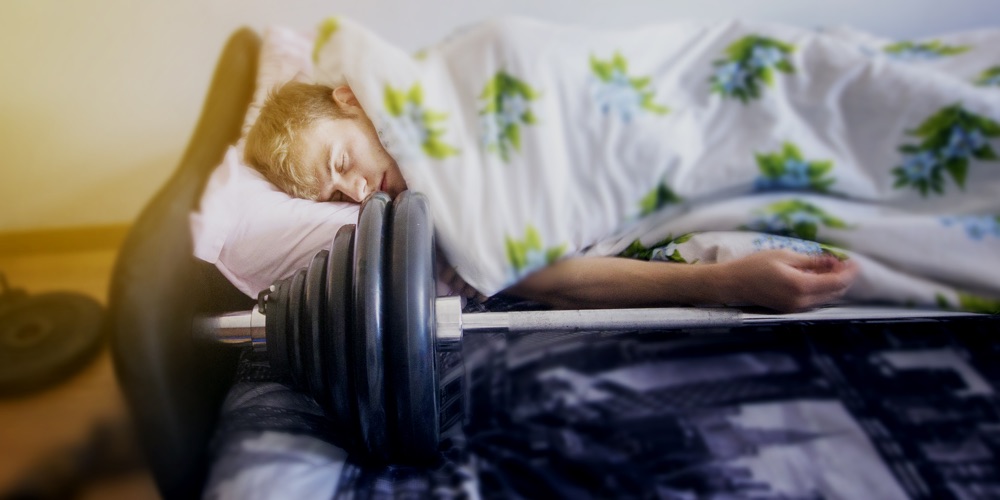
Unlocking Athletic Potential: The Crucial Link Between Sleep and Athletic Health
In the pursuit of peak athletic performance, one often overlooked factor is the role of quality sleep. The intricate relationship between sleep and athletic health is a game-changer, influencing everything from recovery and endurance to mental resilience. Let’s delve into the vital connection between a good night’s sleep and optimal athletic well-being.
The Foundation of Recovery: Sleep and Muscle Repair
Quality sleep serves as the body’s primary time for repair and recovery. For athletes, this means more than just feeling refreshed. During deep sleep, the body releases growth hormone, crucial for muscle growth and repair. Adequate sleep is, therefore, a cornerstone in the foundation of physical recovery, ensuring that the body is primed for peak performance in subsequent training sessions and competitions.
Endurance and Stamina: The Sleep Advantage
Athletes often seek to improve endurance and stamina through rigorous training routines, but the secret weapon might just be lying in bed. Studies consistently show that athletes who prioritize sufficient sleep demonstrate enhanced aerobic performance. Whether it’s long-distance running or high-intensity interval training, a well-rested body performs at its best, pushing endurance boundaries and achieving better results.
Cognitive Edge: Sleep’s Impact on Mental Resilience
Athletic success isn’t solely about physical prowess; mental resilience plays a pivotal role. Sleep is intricately linked to cognitive function, including memory, decision-making, and reaction time. Athletes who prioritize sleep are better equipped to navigate the mental challenges of their sport, maintaining focus, and making split-second decisions with precision.
Hormonal Balance: Sleep and Performance Optimization
The balance of hormones is crucial for athletic health, influencing factors like energy levels, metabolism, and stress response. Disrupted sleep patterns can lead to hormonal imbalances, affecting an athlete’s overall performance. Prioritizing consistent and adequate sleep helps maintain a healthy hormonal equilibrium, contributing to sustained energy levels and optimal physical performance.
The Pitfalls of Sleep Deprivation: Injury Risks and Performance Decline
Conversely, insufficient sleep can have detrimental effects on athletic health. Increased injury risks, slower recovery times, and a decline in overall performance are common consequences of sleep deprivation. Athletes who consistently lack proper sleep find themselves facing a uphill battle, struggling to meet the demands of their training and competitions.
Strategies for Sleep Optimization in Athletic Training
Understanding the importance of sleep in athletic health, athletes adopt various strategies for sleep optimization. Consistent sleep schedules, creating a sleep-conducive environment, and practicing relaxation techniques are just a few methods employed to enhance sleep quality. Such strategies are integral components of a comprehensive athletic training regimen.
To explore personalized strategies for optimizing sleep and enhancing athletic performance, visit Sleep and athletic health. Embrace the power of quality sleep in unlocking your full athletic potential.
Conclusion: Elevating Performance Through Quality Sleep
In the dynamic world of athletics, where every edge matters, sleep emerges as a crucial determinant of success. Beyond a mere restorative process, quality sleep serves as a catalyst for physical recovery, mental resilience, and overall athletic well-being. By recognizing and prioritizing the sleep-athletic health connection, athletes can unlock new levels of performance and achieve their athletic aspirations.

